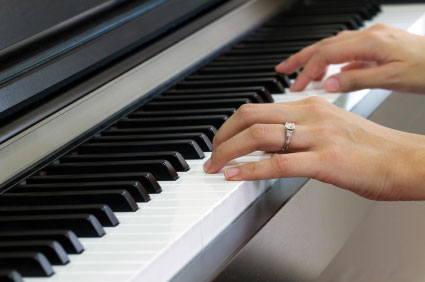Scholarships
Scholarships
Award Types
Free Lotteries
Renewals
Scholarship Providers
Search Tips
Scholarship Funnel
Application
How to Apply
How to Win
Essay Writing Tips
Interviews
Recommendation Letters
Resume
Avoid Scams
Fake Scholarships
Career
Entrepreneurial
Nursing
Accounting
Architecture
Biology
Business Admininstration
Chemistry
Chinese Language
Civil Engineer
Communications
Computer Science
Cosmetology
Counseling
Criminal Justice
Dental Scholarships
Economics
Engineering
Environmental
Finance
Foreign Language
Graduate Nursing
Health Administration
Health Management
Health Sciences
History
Horticulture
Human Resources
Journalism
Marketing
Mathematics
Mechanical Engineer
Occupational Therapy
Paralegal
Pharmacy
Physical Therapy
Physics
Political Science
Sales
Social Science
Special Ed
Sports Management
Teaching
Zoology
Minority
Minority
African American
Latino
Women's Scholarships
Native American
Disability Scholarships
First Generation
Nontraditional
More
Academic
Athletic
Average Student
Community Service
Free
Merit Based
Weird Scholarships
Company
Fellowships
Local Scholarships
Music students, and students with a passion for music, can find a variety of scholarship opportunities when the time comes to think about college funding. While academic and athletic scholarships may have higher profiles, music scholarships are very lucrative, and more abundant than than you may think. There are scholarship programs dedicated to different musical disciplines, different performance styles, and different degrees of study. The secret is to know what you are looking for, and where to start looking.
There are three basic types of music scholarship to consider:
The most popular scholarship path for music students is in the field of musical performance. Many students can find scholarship devoted solely to their instrument of choice, and the money awarded can go a long way towards helping to pay for college. These scholarships are typically offered by universities, private endowments and/or public corporations.

While music scholarships are some of the more abundant financial aid programs dedicated to the creative arts, they are also highly competitive and students will be required to pass an audition process in addition to demonstrating a sound academic history.
To begin your search for a performance scholarship, look for programs devoted to your instrument of choice. For example, if you play violin you would search for 'violin scholarships'. If you have already set your sights on a particular college, you might add the name of the school to your search criteria.
Here are some examples of the kinds of scholarships you will be looking for:
Beyond the basic performance scholarship lies the music composition scholarship. These programs are targeted for music students planning to study music theory and composition, as well as performance. Once again these are highly competitive, and a bit more scarce than the performance scholarship. Many of these scholarships are sponsored by the major music publishing companies, such as BMI and ASCAP.
Some of the more notable scholarships for songwriters and composers include:
General music scholarships, or musicology scholarships, are geared towards the student whose musical studies include performance, composition and music history. These types of scholarships are particularly beneficial to students planning a career as a conductor, music teacher or music historian. They can be granted to students studying in a particular filed, such as opera, or to students taking a holistic approach to music history in general. Many of these scholarships will be allied to specific universities, and your search should include direct contact with colleges and universities who have large creative arts programs. Here is a sample of what you may find on your general music scholarship search:
As you can see there are many opportunities for music students when it comes to scholarships. Whether you are studying to be a performer, an historian or a music teacher the funds are available to help you pay for your college education. In may cases you will need to be nominated for a scholarship by a high school band instructor or other school official, and you may need a minimum number of letters of recommendation.
Begin your scholarship search by speaking with your music teachers, they can likely steer you in the direction of scholarships that suit your interests and level of achievement. Follow that up with a search of the internet and the local library. Music scholarships are out there for the right student. With due diligence and a little hard work you can find the one that's right for you.